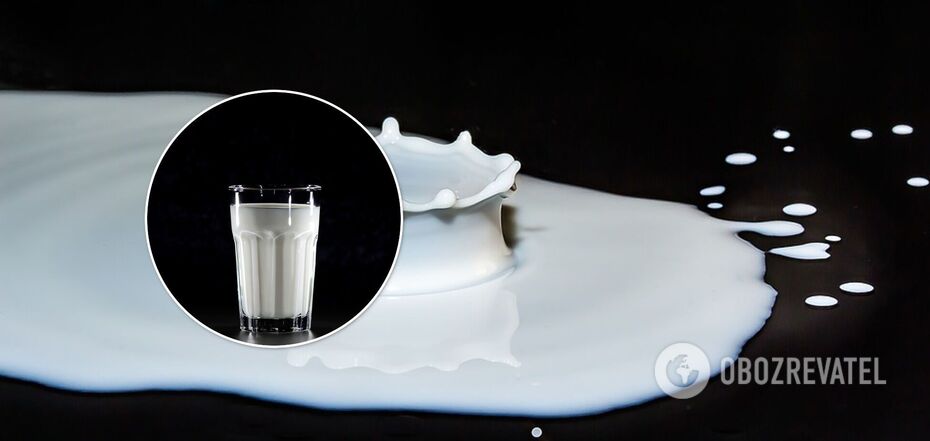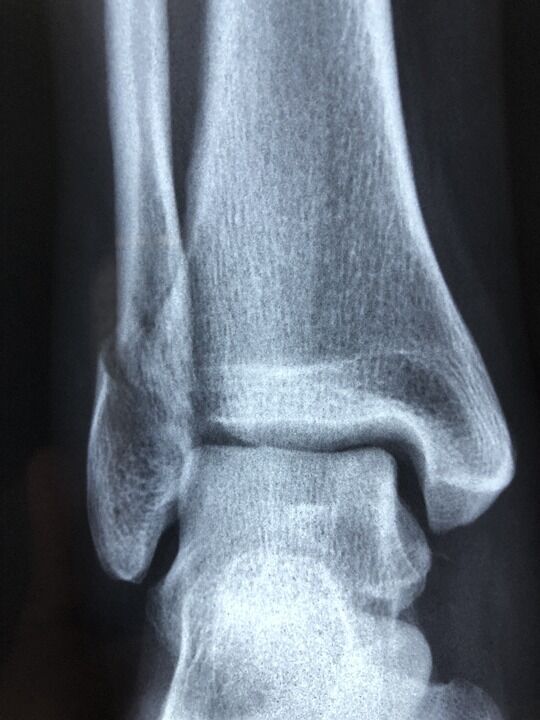Society
Nutritionists debunk 5 myths about dairy products
We have all heard about the benefits of milk since childhood and passed this knowledge on to our children. A child learns the food culture of a nation, which is passed down from generation to generation, with his or her mother's milk. Modern dietetics is staggering: mother's milk is the only one that is really useful and necessary for full development, and the rest of the benefits of dairy products are a myth.
Is this really true, and is milk not as healthy as we think? Physicians Committee has analyzed and published the results of some studies on this issue.
Myth 1. Milk strengthens bones
Since childhood, we have heard that dairy products are the best source of calcium, which is necessary for strengthening the bone system. However, the link between dairy consumption and bone health is only a widespread myth. Several studies have proven it.
For example, an analysis published by the British Medical Journal found that the amount of milk consumed during adolescence had no effect on the risk and incidence of hip fractures in older adults. Another study found that the evidence that dietary calcium prevents bone fractures is weak and controversial.
Myth 2. Milk helps to lose weight
Advertising brochures encourage the consumption of dairy products by those seeking to lose weight, but science refutes these claims. In fact, one large-scale study concluded that milk can even lead to weight gain. The participants in the experiment not only did not lose weight, but those who had more dairy products in their diet gained weight.
It should be noted that moderate consumption of fermented dairy products can help to improve intestinal function, which in turn has a positive effect on digestion.
Myth 3. Milk is nature's ideal food
In fact, it has been found that more than 60% of people suffer from lactose intolerance, which in turn can cause unpleasant symptoms in the body, even causing cancer.
At the same time, a small amount of milk can be added to everyone's diet.
Myth 4. Children need milk
It is true that mother's milk is vital for babies, as it contains all the nutrients they need, and prolonged breastfeeding strengthens children's immunity and protects them from disease. However, after weaning, children do not need large amounts of milk to stay healthy.
Some doctors link the consumption of milk at an early age to the onset of colic and type I diabetes. Also, milk is quite nutritious, so it can reduce hunger and lead to a child's lack of nutrients from other foods.
Myth 5. Milk is good for the heart
The proper functioning of the cardiovascular system depends on many factors, including nutrition. Milk and dairy products contain saturated fats. A large amount of them causes clogging of the arteries.
Milk also contains dietary cholesterol. A diet dominated by saturated fats and cholesterol is bad for the heart. At the same time, it should be noted that, for example, plant-based milk does not contain saturated fat.
As you can see, scientists present diverse, sometimes even opposing, evidence of the benefits or harms of dairy products. In fact, most of them agree that moderation is the best way to go. Make your menu correctly, take into account the characteristics of your own body, take an interest in the properties of food products - and your diet will be balanced and healthy.
Earlier, OBOZREVATEL said that lactose digestion is a difficult process for the human body. The nutritionist also advised choosing fermented dairy products and explained the risks of excessive milk consumption.
































